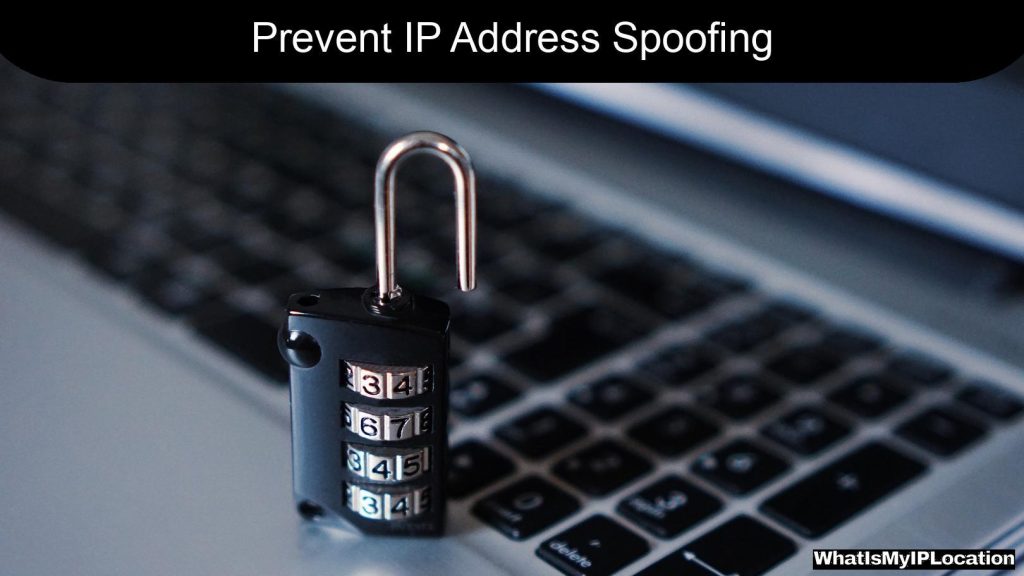Use secure websites with HTTPS and strong passwords to protect your information. Always monitor your bank statements and enable alerts for unusual transactions.
Shopping online can be super convenient, but it also comes with its own set of risks. With a few simple tips, you can make your online shopping experience safer and more enjoyable. Let’s dive into six essential tips that will help you shop smart and keep your personal information secure.
1. Stick to Trusted Websites
When you’re shopping online, it’s crucial to stick to websites you know and trust. Think of it like shopping at your favorite local store—you wouldn’t just walk into any random shop, right? Look for well-known retailers or sites that have good reviews. If you’re trying out a new site, do a quick search to see what others are saying about it.
Red Flags to Watch For:
- Unusual URLs: Be cautious of sites with strange web addresses or misspellings.
- Lack of Contact Information: Legitimate businesses usually provide a way to contact them.
- No Reviews: If you can’t find any reviews or feedback, it’s a sign to be careful.
2. Use Secure Payment Methods
When it comes to paying for your goodies, always opt for secure payment methods. Credit cards are generally safer than debit cards because they offer better fraud protection. Plus, consider using services like PayPal or Apple Pay, which add an extra layer of security by keeping your financial info private.
Why It Matters:
Using secure payment methods means that if something goes wrong, you have a better chance of getting your money back. It’s like having a safety net while you shop!
3. Look for HTTPS
Before you enter any personal information, check the website’s URL. If it starts with “https://” instead of just “http://,” you’re in a safer zone. The “s” stands for secure, meaning the site encrypts your data. It’s like having a lock on your front door—keeping your info safe from prying eyes.
How to Check:
- Look for a padlock icon in the address bar.
- If you see a warning sign or the site doesn’t have HTTPS, it’s best to steer clear.
4. Keep Your Devices Updated
Keeping your devices updated is like giving them a health check-up. Regular updates help protect against security vulnerabilities that hackers might exploit. Make sure your operating system, browser, and any shopping apps are up to date.
Quick Tips:
- Enable automatic updates if possible.
- Regularly check for updates on your devices.
5. Be Wary of Deals That Seem Too Good to Be True
We all love a good deal, but if something seems too good to be true, it probably is. Scammers often lure shoppers in with unbelievable discounts or offers. If you see a deal that’s way below market price, take a step back and do some research.
How to Spot a Scam:
- Compare prices on other sites.
- Look for reviews or feedback on the product.
- Trust your gut—if it feels off, it probably is.
6. Monitor Your Accounts Regularly
After you’ve made your purchases, keep an eye on your bank and credit card statements. Regularly checking your accounts can help you catch any unauthorized transactions early. If you spot something suspicious, report it immediately.
What to Look For:
- Unfamiliar charges or transactions.
- Any recurring payments you didn’t authorize.
Online shopping can be a breeze if you take the right precautions. By sticking to trusted sites, using secure payment methods, checking for HTTPS, keeping your devices updated, being cautious of unbelievable deals, and monitoring your accounts, you can shop with confidence. Remember, a little caution goes a long way in keeping your personal information safe!
FAQs
What should I do if I think I’ve been scammed?
If you suspect you’ve been scammed, contact your bank or credit card company right away. They can help you dispute charges and protect your account.
How can I tell if a website is secure?
Look for “https://” in the URL and a padlock icon in the address bar. These indicate that the site is secure.
Is it safe to shop on my phone?
Yes, as long as you’re using secure websites and have updated your apps and operating system. Just be cautious about public Wi-Fi networks.
What are some trusted online retailers?
Some well-known retailers include Amazon, Walmart, Target, and Best Buy. Always check reviews if you’re trying a new site.
How can I protect my personal information while shopping online?
Use strong, unique passwords for your accounts, enable two-factor authentication, and avoid sharing unnecessary personal information.
By following these tips, you can enjoy a safer online shopping experience and focus on finding the best deals without the worry. Happy shopping!


